Ada Lovelace
(1815–1852)
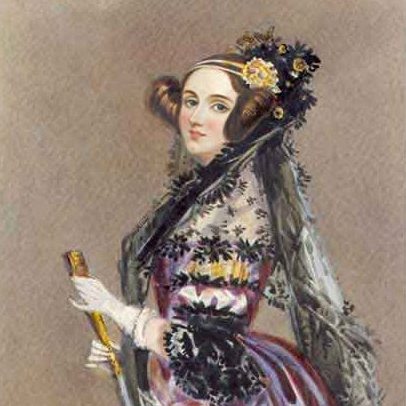
An analyst of Charles Babbage's analytical engine and is often described as the "first computer programmer."

An analyst of Charles Babbage's analytical engine and is often described as the "first computer programmer."
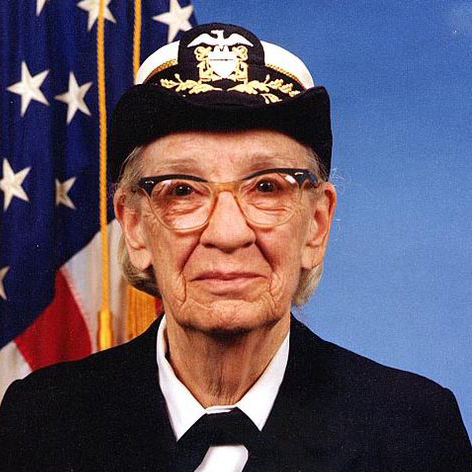
A United States Navy officer and the first programmer of the Harvard Mark I, known as the "Mother of COBOL". She developed the first ever compiler for an electronic computer, known as A-0.
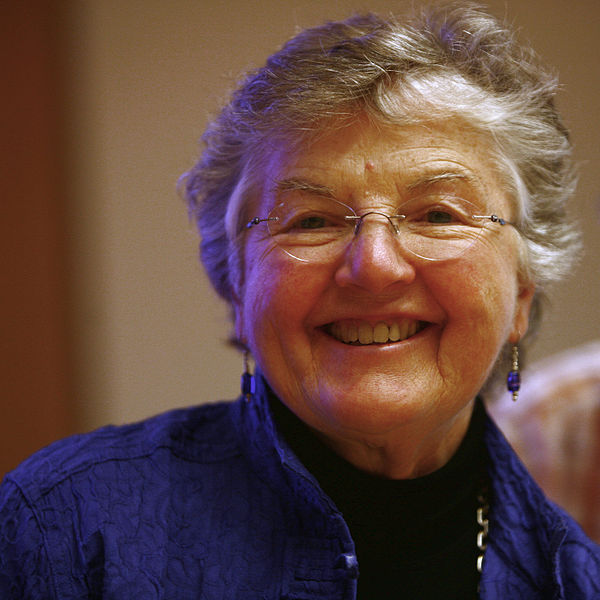
The first female IBM Fellow in 1989. In 2006 she became the first female recipient of the ACM's Turing Award.
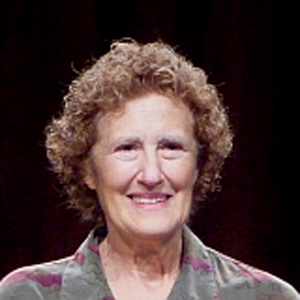
Developed the Liskov substitution principle. Liskov was also the winner of the Turing Prize in 2008.
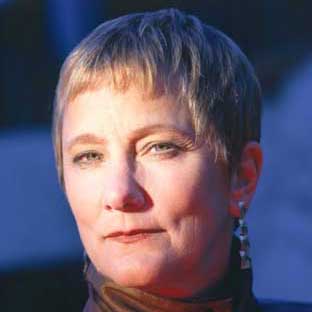
The founding director of the Institute for Women and Technology (IWT)
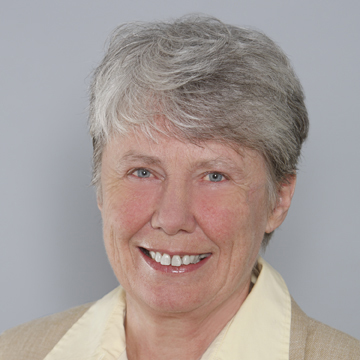
The first woman to become President of Harvey Mudd College since its founding in 1955 and was ACM president from 2002 until 2004.
These are some awesome organizations that help women in computing. This is a brief list and there are many more out there.